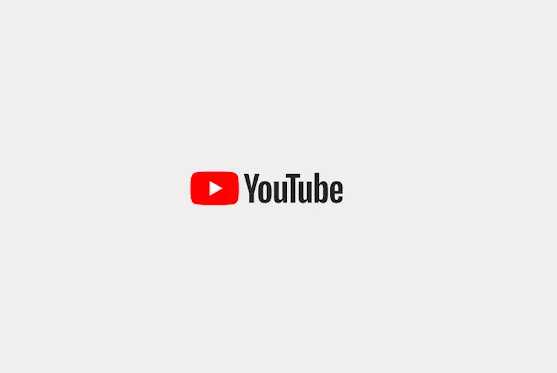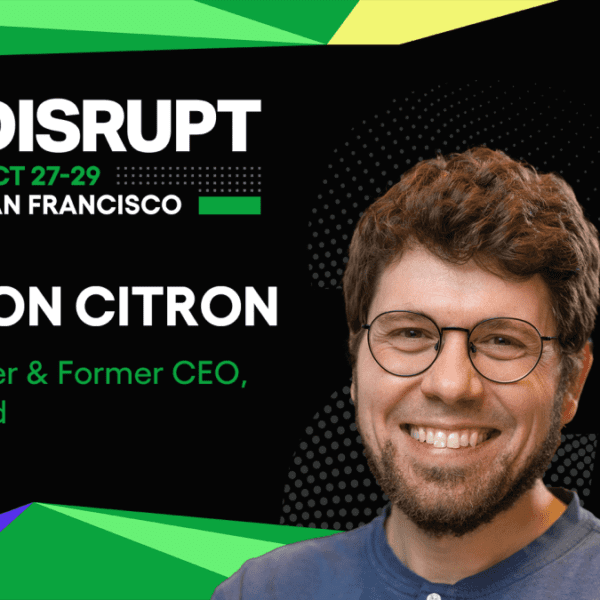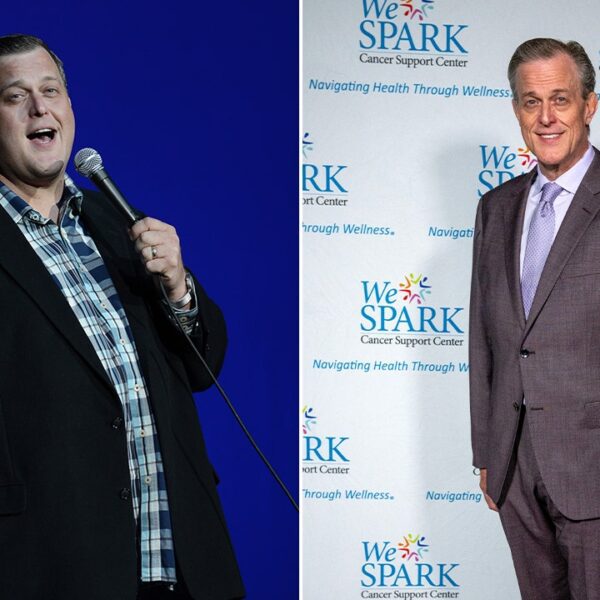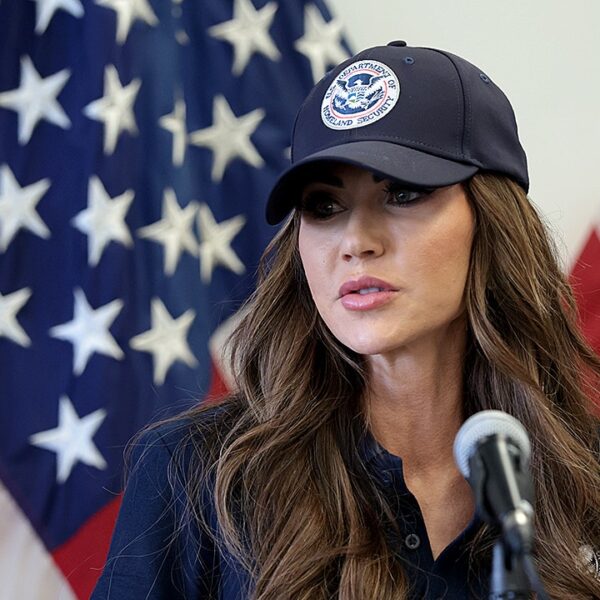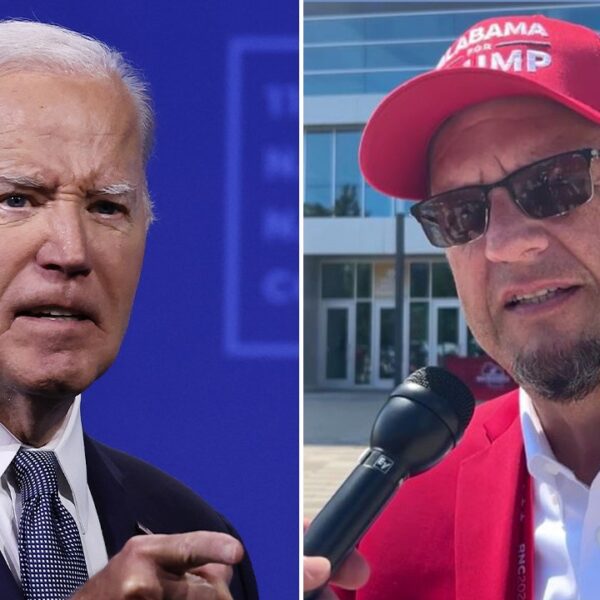Try as they might, or advocate for free speech as they will, it seems inevitable that governments are going to try to interfere with social media platforms in some way, in order to angle discussion away from what they deem to be harmful or dangerous talking points, which range from public safety concerns to clear political agendas.
This has become a key discussion point in modern times, as political operatives have gradually come to understand and acknowledge the power of social media platforms for influence, and have then sought to use that for gain.
And it’s now evident in almost every region. India has repeatedly sought to quell public dissent be censoring social media posts that could incite debate. Turkey has censored thousands of social media posts, while X was cut off in Brazil for a short time last year after refusing to comply with content removal requests. Australia has called on social platforms to remove video clips worldwide, and Russian operatives use social platforms to sway political agendas around the world.
And the U.S. government has also engaged in varying levels of censorship and control requests, which has sparked a whole new “free speech” movement, that’s metastasized into a major political shift.
The latest example of this comes with YouTube removing over 700 videos relating to Israeli human rights violations, at the behest of the U.S. State Department.
As reported by The Intercept:
“YouTube, which is owned by Google, confirmed to The Intercept that it deleted the [human rights] groups’ accounts as a direct result of State Department sanctions against the group after a review. The Trump administration leveled the sanctions against the organizations in September over their work with the International Criminal Court in cases charging Israeli officials of war crimes.”
Which is particularly notable given the Trump Administration’s constant claims of censorship and control, with key Trump supporter Elon Musk even buying Twitter, and reforming it into X, in an effort to “protect free speech,” and limit political censorship by the Silicon Valley elite.
Yet, with the controls in their hands, those same critics are also looking to re-angle the algorithms in their favor, with Musk specifically looking to penalize counter-narratives, and amplify his own thoughts and opinions in the app.
Some of this has been acknowledged, and explained as a “rebalance,” and a means to address the opposing sway. But the fact is that most governments have sought to influence social platforms algorithms, in ways that free speech absolutists would oppose.
So are we any better off either way?
I guess, the question really relates to who’s in power, and how much you align with their ethos and approach.
For example, should the government have intervened to call for the removal of posts that raised questions about the safety of the COVID vaccine?
In retrospect, many would argue that this was the wrong approach, because people should have the right to question such, yet at the same time, in an unprecedented pandemic, with people locked in their homes, and the economy set to collapse, governments around the world needed to act fast to keep things on track.
Does that justify what amounts to censorship? Well, no, but then again, some of the alternative treatments being proposed were clearly not safe, and posed much bigger risk, while also reducing trust in the vaccine approach.
You can see how your own political stance plays a role here, and that’s inevitably going to be the way it is in most of these occurences, that you’ll be outraged by censorship that, in your view, violates your rights, yet you’ll be okay with policies that support your world view.
The bottom line, however, is that political influences are going to try to sway social platforms to their side, one way or another, and social platforms are going to have to make calls on how they respond to such, with their moral and commercial interests in view.
As such, there’s no right answer in making these calls for the most part, but it is worth considering the broader scope of such, and what each team is weighing up.
Also worth considering: Would you be okay with this type of censorship if it were the other way around, and if so, why are you fine with this?

